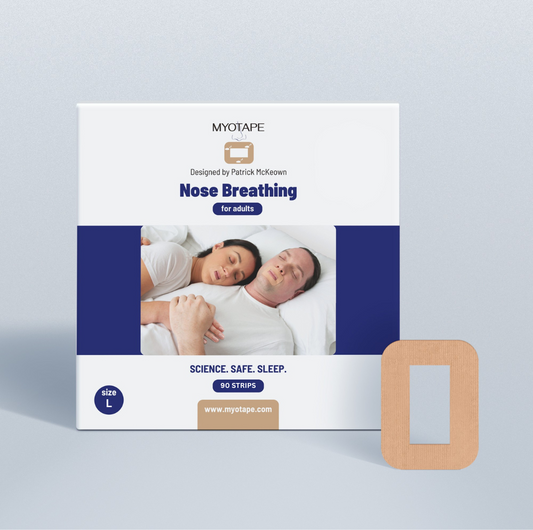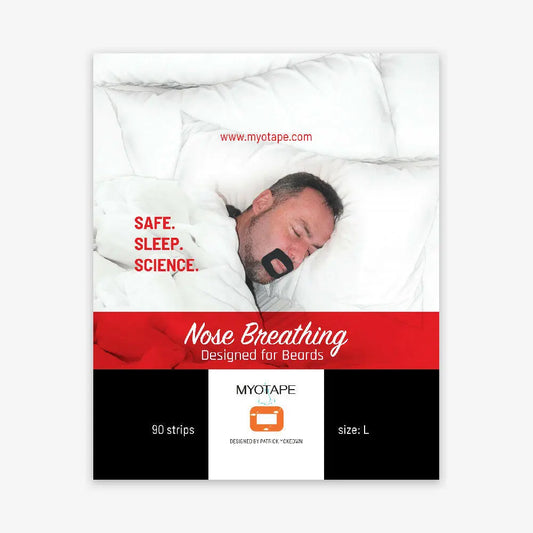When you reach menopause, your body goes through major changes, and one of the first things to shift is your sleep. Menopause doesn’t just affect your hormones; it changes how your body and mind respond to stress, temperature, and rest.
That’s why so many women find it harder to fall asleep, stay asleep, or wake up feeling refreshed.
But this stage of life doesn’t have to mean sleepless nights forever. There are simple, natural ways to improve sleep during menopause that can help you feel calmer, rest more deeply, and wake up ready for the day.
As we celebrate World Menopause Day 2025 with the theme Lifestyle Medicine, this article will reveal natural ways to sleep better with menopause, starting with one important question: why does menopause affect your sleep?
Why Menopause Affects Your Sleep
Sleep issues affect up to 60% of women during menopause, making it one of the most common and disruptive symptoms of midlife.
Understanding what’s happening inside your body can help you learn how to improve sleep with menopause and restore deeper rest.
Hormonal changes disrupt sleep regulation
During menopause, levels of estrogen and progesterone naturally decline.
Estrogen helps stabilize body temperature, mood, and circadian rhythm, while progesterone promotes calmness and supports steady breathing.
When these hormones fall, your body becomes more sensitive to stress and temperature changes, which can make it harder to fall asleep and stay asleep.
A 2015 study found that lower progesterone levels reduce upper airway tone and increase the risk of sleep-disordered breathing, especially in postmenopausal women.
Hot flashes and night sweats
Hot flashes and night sweats are triggered by changes in the brain’s temperature control, which are influenced by estrogen levels.
These sudden heat surges can wake you several times a night, making it difficult to return to deep sleep.
Mood, stress, and anxiety
Falling estrogen levels can affect neurotransmitters like serotonin and GABA, increasing the risk of anxiety, irritability, and low mood.
At the same time, cortisol, the body’s stress hormone, tends to rise during midlife, keeping the mind alert when it should be resting.
This combination makes it harder to fall back asleep after waking, which is a key reason many women struggle to sleep through the night with menopause.
Menopause can also increase the risk of restless legs syndrome, causing leg discomfort and an urge to move that further disrupts sleep.
Leads to sleep-disordered breathing
Progesterone is a natural respiratory stimulant that helps keep the airways open and breathing steady during sleep.
When progesterone drops, breathing can become shallower, and the risk of obstructive sleep apnea (OSA) rises sharply, by nearly 200% after menopause, according to research.
Estrogen also helps maintain airway elasticity and reduce inflammation, so its decline can make the throat tissues more collapsible.
This explains why many women experience new or worsening snoring, mouth breathing, or disrupted breathing at night during menopause.
Changes in sleep architecture
With age, deep sleep stages shorten, and lighter stages become longer.
This means even small disturbances, like a hot flash, shallow breathing, or noise, can cause nighttime awakenings.
Combined with hormonal shifts, these changes make menopausal sleep lighter and less restorative.
7 Natural Tips to Sleep Better During Menopause

Although menopause can make restful sleep harder to achieve due to hormonal changes, simple daily habits can help your body and mind find balance again.
Here are seven natural, practical ways to support better sleep during menopause:
1. Get morning light exposure
Start your day with 5–10 minutes of natural sunlight to help regulate your circadian rhythm and support healthy melatonin production at night.
Even sitting near a bright window helps if going outdoors isn’t possible.
Studies show that people exposed to natural light early in the day experience longer, higher‑quality sleep and better mood regulation.
2. Have a consistent sleep routine
Your body thrives on rhythm. Go to bed and wake up at roughly the same time each day, even on weekends.
Avoid long or late naps, which can reduce your sleep drive at night.
A good sleep consistency helps your internal clock stay aligned, making it easier to fall asleep and wake up naturally.
3. Create a cool, restful environment
Hot flashes and night sweats are common during menopause, so keeping your bedroom cool (16–19°C / 60–67°F) can make a big difference.
Use breathable bedding, moisture‑wicking pajamas, and blackout curtains to create a calm, comfortable space.
A dark, quiet, and cool room helps your body maintain a stable temperature and stay in deeper sleep stages.
4. Move more during the day
Regular movement supports hormone balance, improves mood, and promotes better sleep.
Aim for 30 minutes of moderate activity most days, such as brisk walking, cycling, or swimming.
Exercise helps regulate breathing patterns and reduces stress, both of which are key to better sleep quality.
5. Practice calm, controlled breathing techniques
As hormone levels shift, breathing patterns can become shallower and faster, making it harder to relax.
Practicing slow, nasal breathing before bed activates the parasympathetic nervous system, your body’s natural “rest and digest” mode.
The Buteyko Breathing Method teaches gentle breath control with effective breahing exercises to restore oxygen balance, calm the nervous system, and reduce anxiety or hot flashes.
Even a few minutes of slow breathing before bed can help you unwind and prepare for restful sleep.
6. Support your body naturally
Gentle, natural supports can help your body relax and recover.
Herbal teas like chamomile, valerian, or ashwagandha may ease tension before bed.
Limit caffeine to the morning, avoid alcohol in the evening, and finish eating at least two hours before bedtime.
Additionally, side sleeping and maintaining good posture help keep your airway open, reduce snoring, and support easier, healthier breathing during menopause.
These small adjustments help regulate hormones and promote steady, restorative rest.
7. Encourage nasal breathing and use MyoTape
During menopause, lower estrogen and progesterone levels can reduce muscle tone in the upper airway, making mouth breathing more likely, especially during sleep.
Mouth breathing dries the airways, increases dehydration, and disrupts the balance of oxygen and carbon dioxide. It can also worsen snoring and sleep apnea, leading to lighter, more fragmented sleep.
Nasal breathing, on the other hand, promotes calm, efficient respiration. The nose filters and humidifies air, supports nitric oxide production, and helps maintain optimal oxygen levels, all of which contribute to deeper, restorative rest.
Switching from mouth to nasal breathing can be challenging during sleep because habits are automatic, and muscle tone is lower.
That’s where MyoTape can help. It is a sleep aid that gently supports the lips to stay closed, without covering the mouth, encouraging natural nasal breathing throughout the night and stops snoring naturally.
This simple, non‑invasive support can reduce snoring, prevent dry mouth, and help restore calm, balanced breathing for better sleep during menopause.
MyoTape Will Support Your Sleep During Menopause
Menopause may change your body, but it doesn’t have to take away your rest.
Your breath is one of the simplest ways to calm your mind and improve sleep, and nasal breathing helps you do it naturally.
MyoTape, designed by breathing expert Patrick McKeown, gently supports your lips to stay closed without sealing them shut, encouraging nasal breathing all night long.
This simple change can reduce snoring, dryness, and nighttime awakenings while helping you wake up feeling more refreshed and balanced.
Comfortable, hypoallergenic, and available for all skin types, MyoTape makes it easy to restore natural nasal breathing, even during menopause.
We offer mouth tape for kids, mouth tape for adults, mouth tape for sensitive skin, and mouth tape for beards. Visit the MyoTape online shop to get one now!








